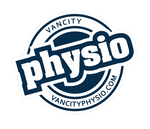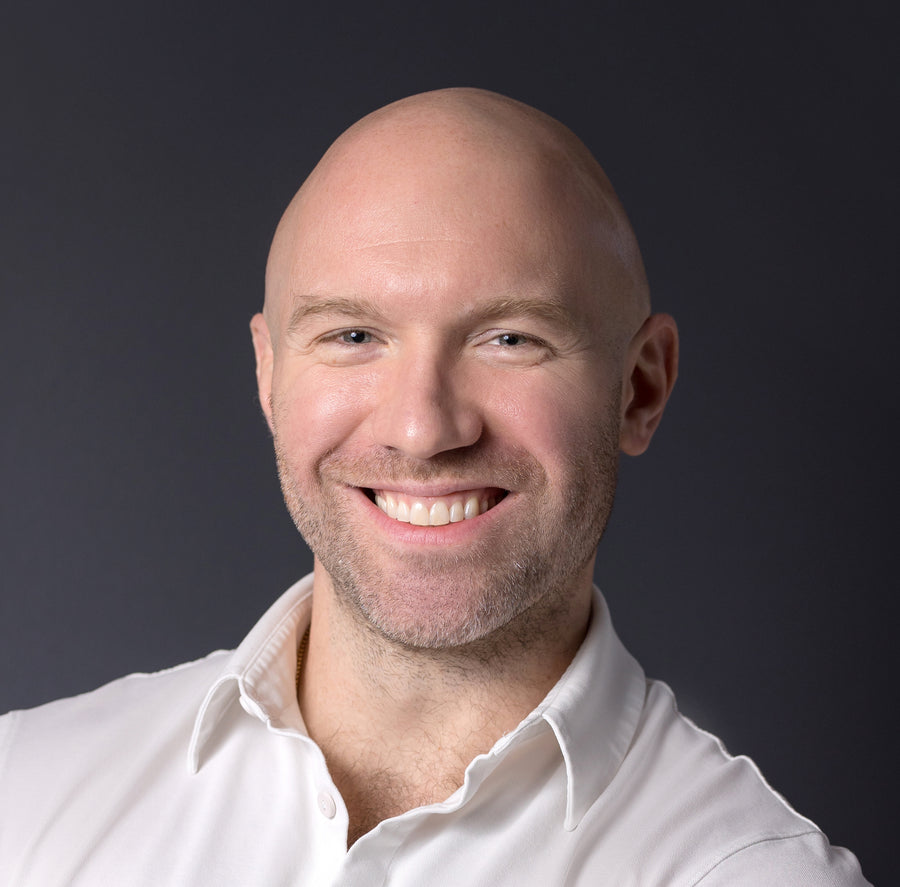Concussions are one of the most common types of brain injuries, often resulting from sports activities, falls, or car accidents. While they are often considered mild, the impact of a concussion can be profound, affecting physical, emotional, and cognitive well-being. Fortunately, concussion physiotherapy offers a pathway to recovery, helping individuals return to their normal routines while minimizing the risk of long-term effects.
In Vancouver, where sports culture is thriving and outdoor activities are abundant, concussions are unfortunately all too common. Whether you're an elite athlete or someone who enjoys a weekend game, understanding the importance of concussion physiotherapy can make a significant difference in your recovery and long-term health.
What Is Concussion Physiotherapy?
Concussion physiotherapy is a specialized form of rehabilitation aimed at helping individuals who have sustained a concussion recover and return to their daily activities safely. A physiotherapist with expertise in concussion management focuses on addressing the physical symptoms of a concussion, such as headaches, dizziness, balance problems, and neck pain. Additionally, they help manage cognitive and emotional challenges that may arise during the recovery process.
Concussion rehabilitation involves a personalized treatment plan based on the individual's symptoms and needs. The primary goal is to reduce symptoms, restore normal brain function, and prevent further complications.
Why Is Concussion Physiotherapy Important?
-
Speed Up Recovery
Although many people recover from concussions naturally with time, physiotherapy can help speed up the process. Through targeted exercises, therapies, and education, physiotherapists help individuals recover faster and more effectively. They also help reduce the risk of complications like post-concussion syndrome, which can cause prolonged symptoms. -
Addressing Physical Symptoms
After a concussion, individuals may experience physical symptoms such as headaches, dizziness, neck pain, and balance issues. Concussion physiotherapists use techniques like vestibular rehabilitation therapy, manual therapy, and exercises to address these symptoms and restore physical function. -
Improving Cognitive and Emotional Health
A concussion can have a significant impact on a person's mental well-being. Symptoms like irritability, mood swings, anxiety, and difficulty concentrating are common. Concussion physiotherapists can help you manage these emotional and cognitive challenges, working alongside other healthcare professionals like psychologists and doctors to ensure a holistic approach to recovery. -
Preventing Second Impact Syndrome
Second impact syndrome is a rare but serious condition that occurs when a person sustains a second concussion before fully recovering from the first. This can lead to severe brain damage or even death. Physiotherapists play a key role in helping individuals gradually return to activities and sports, ensuring they are fully recovered before resuming high-risk activities.
How Concussion Physiotherapy Works
When you first visit a physiotherapist after a concussion, the therapist will assess your symptoms and medical history to create a customized treatment plan. The assessment typically includes:
- Symptom evaluation: A thorough review of your current symptoms, including headaches, dizziness, nausea, and balance issues.
- Physical assessment: Testing your range of motion, balance, and strength to identify physical limitations resulting from the concussion.
- Cognitive testing: Evaluating your concentration, memory, and problem-solving abilities to determine cognitive impact.
- Vestibular evaluation: Assessing your inner ear and balance system to address dizziness or vertigo, which are common after concussions.
Based on the assessment, your physiotherapist will develop a treatment plan that may include:
- Vestibular rehabilitation: Exercises and maneuvers designed to help restore balance and reduce dizziness.
- Manual therapy: Techniques to address neck pain and muscle tension that often accompany concussions.
- Strength and conditioning exercises: To help restore strength and coordination, particularly for athletes returning to sports.
- Return-to-play protocols: Gradual reintegration into physical activity, with an emphasis on safety and reducing the risk of further injury.
Concussion Recovery in Vancouver
Vancouver is home to a number of highly skilled physiotherapists who specialize in concussion rehabilitation. Many clinics across the city offer tailored concussion physiotherapy programs to help individuals recover and regain control of their lives. Whether you’ve experienced a sports-related concussion, a fall, or an accident, physiotherapists work with a multidisciplinary approach to ensure comprehensive recovery.
In addition to physiotherapy, it’s important to have access to other resources, such as neuropsychologists, neurologists, and other specialists, to address the multifaceted nature of concussion recovery. Vancouver’s healthcare community provides a strong network of professionals to support your recovery journey.
Conclusion
Concussion physiotherapy is essential for individuals who want to recover from a concussion safely and effectively. By working with a physiotherapist, you can address the physical, cognitive, and emotional symptoms associated with concussion, ensuring that you return to your daily activities without further risk. With the right care, treatment, and rehabilitation, recovery from a concussion is not only possible but can be a smooth process that restores your health and quality of life.
If you or a loved one has experienced a concussion, seeking professional physiotherapy care at Vancity Physio is the first step towards a full and safe recovery.
Book a Consultation Today!


